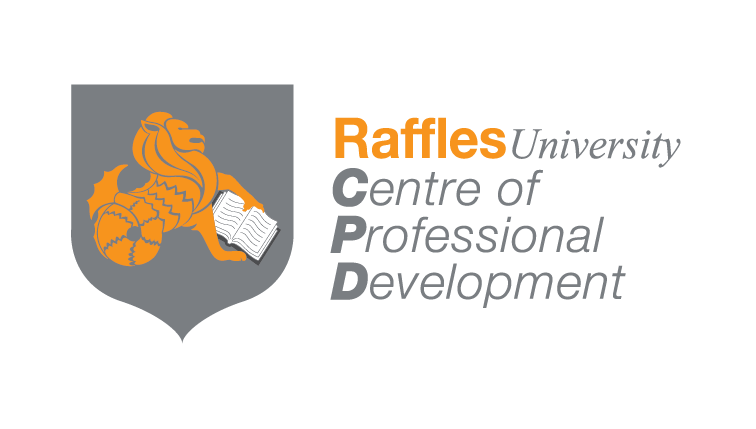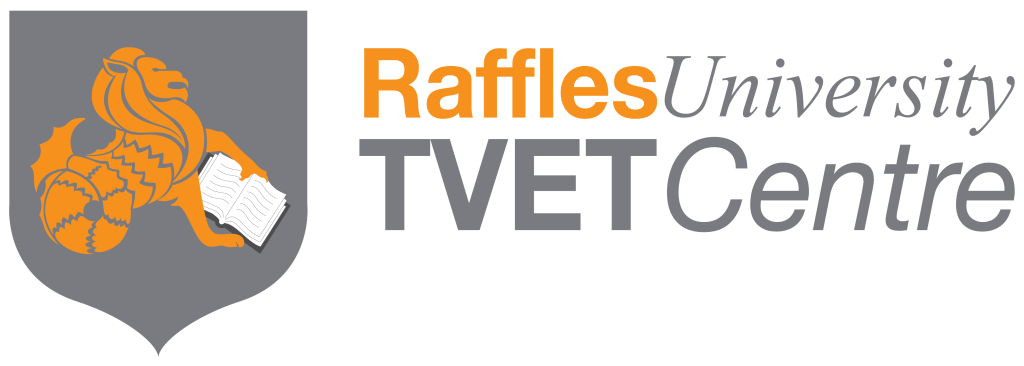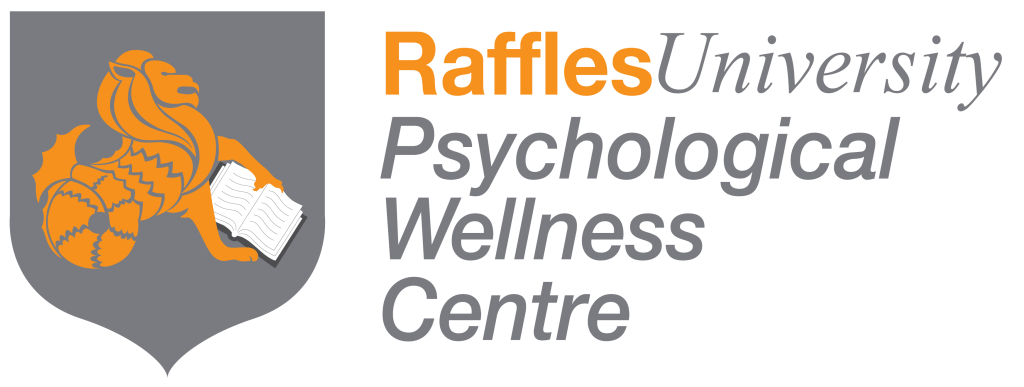莱佛士大学活动
SDG Innovation Fair
Sustainable Development Goals (SDGs) Innovation Fair organised by the MPU 3223 Creative Thinking students.
On 22 March 2024, Raffles University hosted a Sustainable Development Goals (SDGs) Innovation Fair organised by the MPU 3223 Creative Thinking students. The event aimed to showcase innovative projects aligned with the 可持续发展目标 Goals.
The participating students consist of 管理商学学士(荣誉学位), 商科大专文凭, 平面设计学士(荣誉学位), Bachelor of Interior Design, 多媒体设计学士(荣誉学位), and 供应链管理学士(荣誉学位) students. Each booth at the fair showcased innovative projects focused on sustainability, providing a platform for students to engage with real-world issues and contribute to the advancement of the 可持续发展目标. The fair featured six booths, each presenting unique projects focused on sustainability. Students from Raffles University had the chance to engage with the projects and learn about the 可持续发展目标 through interactive workshops and presentations.

With a focus on promoting gender equality, Group 1 engaged participants through a mix of mediums, including a compelling short video presentation, interactive questionnaires, and opportunities for attendees to share their thoughts and experiences on gender inequality. The aim is to raise awareness and foster meaningful dialogue on this crucial issue.
When we look into Group 2’s booth, where the theme revolved around SDG Goal 14: Life below Water. The booth was divided into two sections, each offering a unique experience. One section aimed to educate participants about ocean conservation through engaging Q&A sessions and a DIY workshop where attendees could create their own ocean creatures using recyclable materials. The other section sheds light on the devastating impact of pollution on marine life, serving as a poignant reminder of the urgent need to protect our oceans.
Group 3 exhibit featured a replica model of a volcano to simulate a super-volcanic eruption, attracting the audience’s attention. They also offered a comic drawing as a reward for listening to their presentation, along with an animated GIF and interactive brochure to educate visitors about the importance of reduction, reuse, and recycling practices.
Group 4 took on the challenge of addressing three SDGs: Zero Hunger (SDG 2), Responsible Consumption and Production (SDG 12), and Life Below Water (SDG 14). Their innovative solution? A hot food vending machine that accepts plastic waste as payment, thus addressing hunger while promoting recycling. Additionally, they planned to repurpose plastic waste into crochet toys, creatively raising awareness about marine pollution.
Focused on raising awareness about AIDS/HIV, Group 5’s project aligned with SDG 3: Good Health and Well-being. Their activities included an impactful awareness video, the distribution of informative brochures and ribbons, a thought-provoking wishing wall, and even an engaging Instagram AR filter. These activities aimed to educate and engage the audience in supporting those affected by AIDS/HIV.
Lastly, Group 6 presented SDG 14: Life below Water, highlighting the crucial role of recycling in ocean conservation. Their interactive game allowed participants to practice recycling skills while learning about its positive impact on marine ecosystems. To drive the message home, participants wore headbands adorned with wildlife creatures, symbolizing the marine life endangered by pollution.





